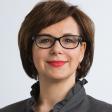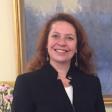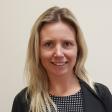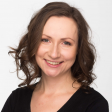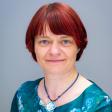Programme Fact File
Study direction:
Life Sciences
Life Sciences
Professional Master’s study programme
accredited until
accredited until
Degree conferred / qualification obtained:
Master of Natural Sciences in Biostatistics
Master of Natural Sciences in Biostatistics
Language: Latvian
ECTS: 120
Study location: Rīga
2 years
Places:
12 full fee
12 full fee
8824 EUR/year
2700 EUR/year
Head of Programme
Assoc. Prof. Andrejs Ivanovs
Statistics Unit
Riga, 14 Baložu iela
Room 111
Working hours:
Pēc iepriekšēja pieraksta
